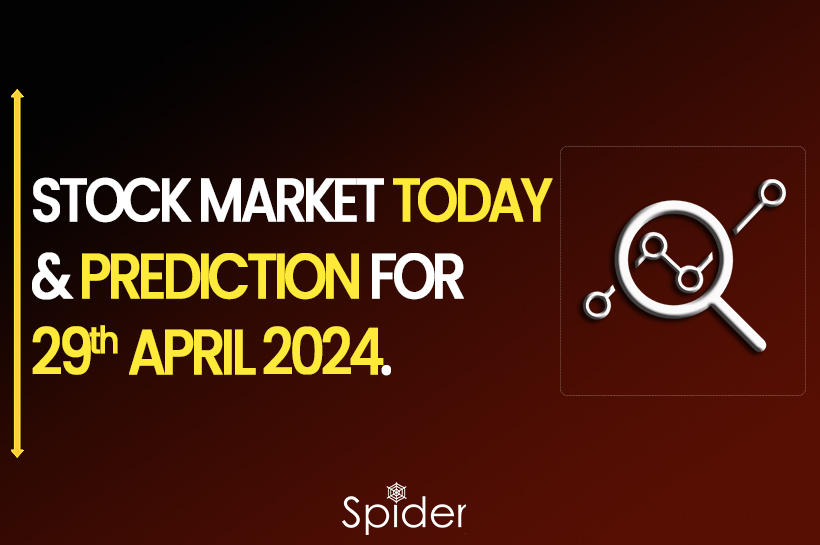Here Benefits of trading in bse futures and options as compared to nse also what are future and option in bse
What are BSE future and options?
BSE futures and options are financial contracts that allow investors to buy or sell an underlying asset at a predetermined price on or before a specified date. The underlying asset can be a stock, index, currency, or commodity.
Futures contracts are an agreement to buy or sell an underlying asset at a predetermined price on a future date. For example, an investor might buy a futures contract on the S&P BSE SENSEX® index, agreeing to buy the index at 50,000 points on a future date. If the index is trading at 52,000 points on the future date, the investor would make a profit of 2,000 points.
Options contracts give the buyer the right, but not the obligation, to buy or sell an underlying asset at a predetermined price on or before a specified date. For example, an investor might buy an option to buy 100 shares of Reliance Industries at 2,000 rupees per share on or before a future date. If the share price is trading at 2,200 rupees on the future date, the investor can exercise the option and buy the shares at 2,000 rupees, making a profit of 200 rupees per share.
Can retail investors trade in bse futures and options?
Yes, retail investors can trade in BSE futures and options. However, there are some restrictions on who can trade and how much they can trade.
To trade BSE futures and options, you must have a trading account with a BSE-registered broker. You must also meet certain margin requirements, which vary depending on the type of contract you are trading.
In addition, there are some restrictions on the amount of leverage that retail investors can use. Retail investors cannot use more than 20 times leverage when trading futures contracts.
If you are considering trading BSE futures and options, it is important to understand the risks involved and to do your research before you start trading. You should also speak to a financial advisor to get personalized advice on whether or not trading BSE futures and options is right for you.

Benefits of trading in futures and options?
Futures and options are derivatives contracts that allow investors to buy or sell an underlying asset at a predetermined price on or before a specified date. The underlying asset can be a stock, index, currency, or commodity.
Here are some of the benefits of trading futures and options:
- Hedging: Futures and options can be used to hedge against risk. For example, an investor who owns shares in a company might buy a put option on the company’s stock to protect against the stock price falling.
- Speculation: Futures and options can also be used to speculate on the future price of an underlying asset. For example, an investor might buy a call option on a stock if they believe the stock price will rise in the future.
- Leverage: Futures and options allow investors to control a large amount of an underlying asset with a relatively small amount of capital. This is because the contracts are settled in cash, not in the underlying asset.
- Liquidity: Futures and options are highly liquid markets, which means that it is easy to buy and sell contracts at the desired price.
- Transparency: Futures and options markets are highly transparent, which means that investors have access to real-time information about prices and trading activity.
Benefits of trading in bse futures and options as compared to nse?
There are a few benefits of trading in BSE futures and options as compared to NSE.
- Lower contract value: The contract value of BSE futures and options is lower than NSE futures and options. This means that investors can trade a larger amount of an underlying asset with a relatively small amount of capital.
- No transaction charges: There are no transaction charges on BSE futures and options. This means that investors can save money on trading fees.
- Wider range of contracts: BSE offers a wider range of contracts than NSE. This means that investors have more options to choose from when trading futures and options.
- Leverage: In addition, there are some restrictions on the amount of leverage that retail investors can use. Retail investors cannot use more than 20 times leverage when trading futures contracts
Also, Check out our article on How to trade in BSE future and options?
Disclaimer: The information provided in this Blog is for educational purposes only and should not be construed as financial advice. Trading in the stock market involves a significant level of risk and can result in both profits and losses. Spider Software & Team does not guarantee any specific outcome or profit from the use of the information provided in this Blog. It is the sole responsibility of the viewer to evaluate their own financial situation and to make their own decisions regarding any investments or trading strategies based on their individual financial goals, risk tolerance, and investment objectives. Spider Software & Team shall not be liable for any loss or damage, including without limitation any indirect, special, incidental or consequential loss or damage, arising from or in connection with the use of this blog or any information contained herein.





